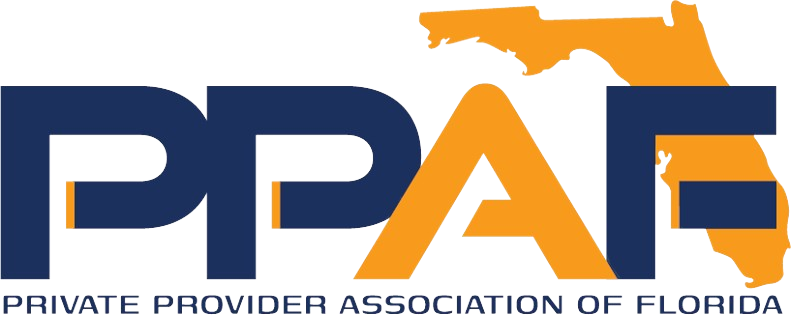The Wise Decision: Utilizing a Private Building Inspector in Florida
In the bustling world of real estate, particularly in a state like Florida, where construction and property development thrive, ensuring the integrity and safety of buildings is paramount. Whether you’re purchasing a new home or overseeing a commercial construction project, the role of a building inspector cannot be overstated. While some may rely solely on government-employed inspectors, there’s a compelling case for engaging a private building inspector in Florida. Let’s delve into why this decision is not just prudent but often the wisest course of action.
- Expertise and Specialization: Private building inspectors typically possess specialized knowledge and extensive experience in the construction industry. They often come from backgrounds such as architecture, engineering, or construction management, equipping them with a deeper understanding of building codes, regulations, and best practices. In Florida, where unique environmental factors like hurricanes and flooding pose specific challenges, having an inspector well-versed in local building requirements is invaluable. Private building inspectors are actually called Private Providers by the state of Florida. Private Providers are typically retired Building Officials, government building inspectors, and government plan reviewers. These very experienced retired officials typically hired, trained and mentored the current Local Building Officials and their staff. The Private Providers went on to train further and gain more experience as they continued to work in many jurisdictions across the state. To put it lightly, Private Providers are the masters.
- Dedicated Attention: Government-employed inspectors often have heavy workloads, responsible for inspecting numerous projects simultaneously. This can result in rushed inspections or limited attention to detail. Conversely, private inspectors are usually dedicated to a project, providing thorough inspections without the constraints of a bureaucratic schedule. This focused attention can uncover potential issues that might otherwise go unnoticed.
- Timeliness: Time is often of the essence in real estate transactions and construction projects. Private inspectors tend to offer more flexibility in scheduling inspections, potentially accelerating the process compared to waiting for an available slot with a government inspector. In a competitive market like Florida, where swift due diligence can make or break a deal, this can be a significant advantage.
- Objective Evaluation: While government inspectors are undoubtedly competent, there may be perceptions of bias or conflicts of interest, especially in regions where close relationships between developers and regulatory agencies exist. Engaging a private inspector helps ensure an impartial evaluation of the property’s condition, free from external pressures or influences.
- Comprehensive Reporting: Private inspectors often provide detailed, comprehensive reports that are tailored to the client’s needs. These reports go beyond mere compliance with regulations, offering insights into the structural integrity, potential hazards, and recommended maintenance strategies for the property. Such thorough documentation can be invaluable for negotiating repairs or adjustments during real estate transactions.
- Risk Mitigation: Investing in real estate inherently involves risks, and overlooking issues during inspections can lead to costly consequences down the line. Private building inspectors serve as a proactive risk management measure, identifying potential liabilities before they escalate into major problems. This foresight can save property owners, buyers, and investors significant financial and legal headaches.
- Peace of Mind: Ultimately, engaging a private building inspector in Florida provides peace of mind. Knowing that your property has undergone a rigorous examination by a qualified professional instills confidence in your investment decisions. Whether you’re buying, selling, or developing real estate, this assurance is invaluable in navigating the complexities of the market.
In conclusion, while government-employed building inspectors play a crucial role in upholding safety and compliance standards, opting for a private inspector in Florida offers distinct advantages. From expertise and dedication to timeliness and objectivity, the benefits of private inspections are manifold. In a dynamic and competitive real estate landscape like Florida’s, where every decision matters, choosing a private building inspector is not just a wise decision but often a strategic one.
Dan Sinclair, Sinclair Construction
Florida Licensed Building Inspector, State Certified General Contractor in 8 states, Florida Certified Roofing Contractor, ICC Certified Commercial Building Inspector, and holds a number of independent and manufacturer certifications. Dan has been in the construction industry since the 1970’s.

